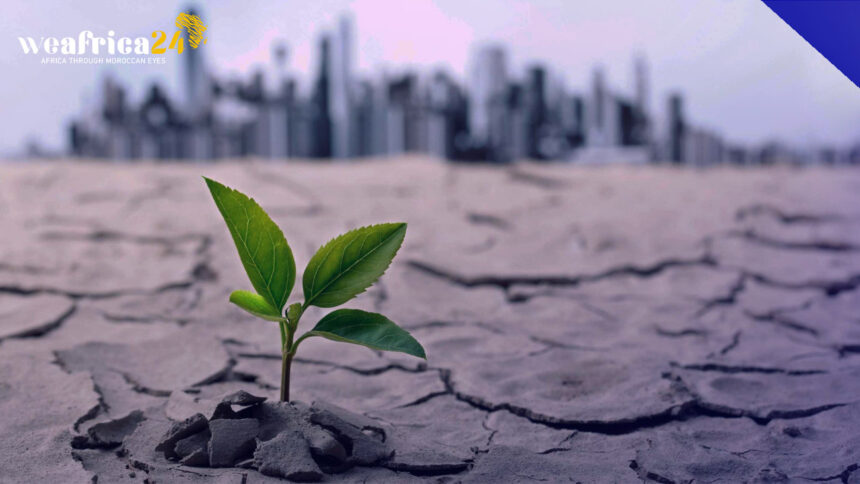Africa, with its diverse ecosystems and vulnerable socio-economic structures, is experiencing the profound effects of climate change. This phenomenon, driven by factors such as rising temperatures, changing precipitation patterns, and extreme weather events, is significantly impacting the economic and health landscapes of the continent.
Economic Impacts
Agriculture: The backbone of many African economies, agriculture faces disruptions due to unpredictable rainfall patterns, prolonged droughts, and increased frequency of extreme weather events. Crop yields decline, affecting food security, and livelihoods, and increasing the risk of rural poverty.
Water Resources: Erratic rainfall and rising temperatures strain water resources, leading to water scarcity and affecting hydropower generation, industrial activities, and overall economic productivity.
Infrastructure: Increased frequency and intensity of extreme weather events, such as floods and storms, damage critical infrastructure, including roads, bridges, and energy facilities, hindering economic development.
Health Impacts
Vector-Borne Diseases: Altered climate patterns contribute to the spread of diseases like malaria and dengue fever as changing temperatures and precipitation create favorable environments for disease vectors.
Waterborne Diseases: Erratic rainfall patterns and water scarcity contribute to inadequate sanitation and water supply, increasing the prevalence of waterborne diseases such as cholera and dysentery.
Heat-Related Illnesses: Rising temperatures pose health risks, leading to an increase in heat-related illnesses, particularly affecting vulnerable populations.
Vulnerability of Communities
Marginalized communities, often relying on subsistence agriculture and lacking access to healthcare, face heightened vulnerability to the impacts of climate change. Limited adaptive capacity amplifies the challenges they encounter, exacerbating existing socio-economic disparities.
Mitigation and Adaptation Strategies
Sustainable Agriculture Practices: Promoting climate-resilient farming techniques, crop diversification, and water conservation methods enhance agricultural resilience.
Renewable Energy: Shifting towards renewable energy sources helps reduce greenhouse gas emissions and fosters energy security.
Infrastructure Resilience: Implementing climate-resilient infrastructure designs and early warning systems minimizes the impact of extreme weather events.
Healthcare Capacity Building: Strengthening healthcare systems to address climate-induced health challenges, along with community education on climate-resilient practices, is crucial.
International Cooperation
Addressing the impacts of climate change in Africa necessitates global collaboration. Developed nations, international organizations, and stakeholders must contribute to funding initiatives, technology transfer, and capacity-building efforts to support African countries in their climate resilience endeavors.







